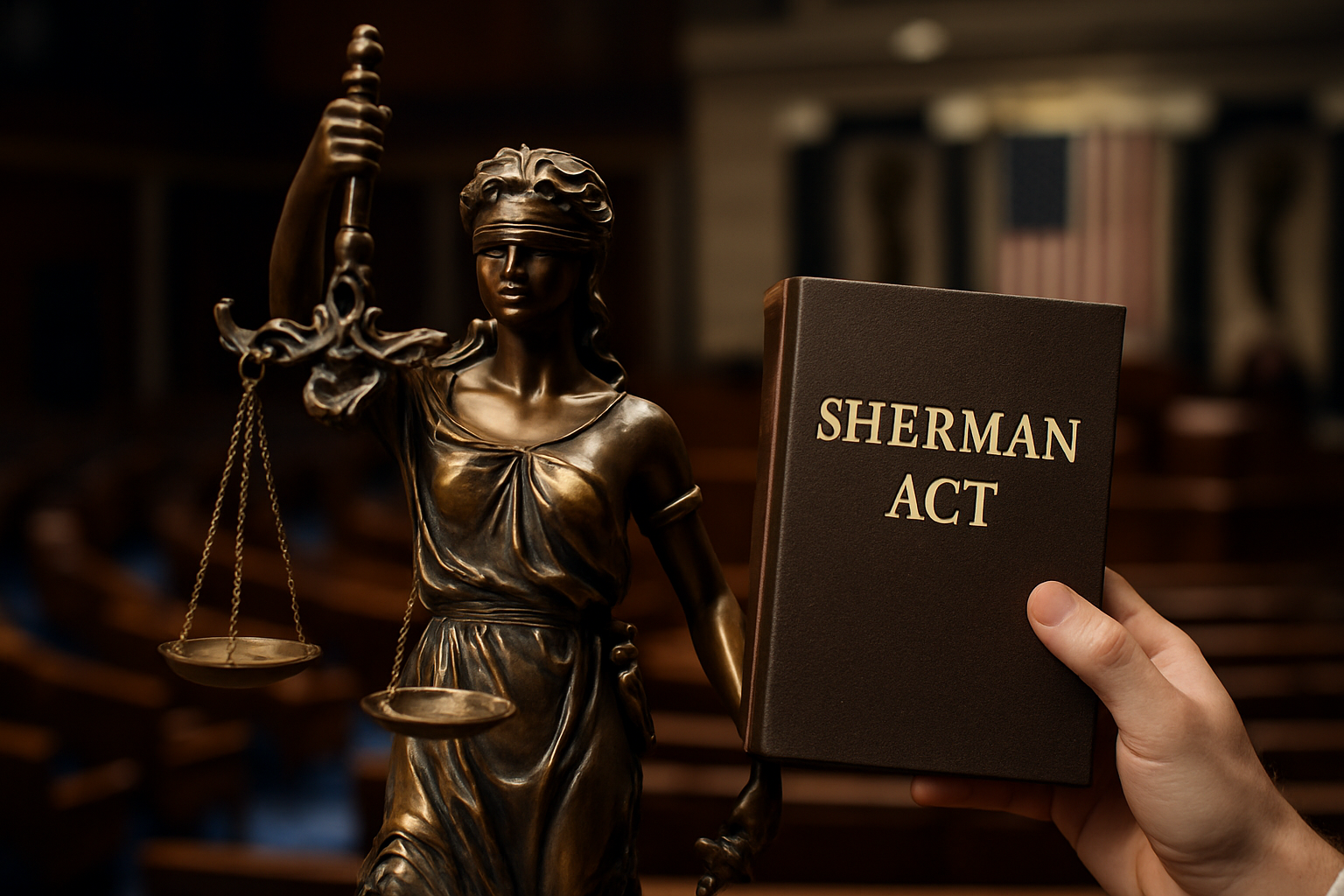Title: Legal Implications of Deepfake Technology in Politics
Introduction: The rise of deepfake technology in politics has sparked concerns about its potential to manipulate public opinion and undermine democratic processes. This article delves into the legal challenges posed by deepfakes in the political arena and explores current and proposed legislative responses.

Understanding Deepfake Technology
Deepfake technology utilizes machine learning algorithms to create or manipulate audio and video content, often making it appear as though individuals are saying or doing things they never actually did. In the political context, this technology can be used to create false statements from politicians, fabricate events, or spread misinformation about candidates. The sophistication of deepfakes has increased rapidly, making it increasingly difficult for viewers to distinguish between authentic and manipulated content.
Current Legal Framework
The existing legal framework in many jurisdictions is ill-equipped to address the challenges posed by deepfakes in politics. While laws against defamation, fraud, and election interference exist, they often struggle to keep pace with the rapidly evolving technology. Many countries lack specific legislation targeting the creation and distribution of deepfakes, particularly in political contexts. This legal gap has left politicians, election officials, and the public vulnerable to the potentially devastating effects of manipulated content.
Legislative Responses
Several jurisdictions have begun to introduce legislation specifically targeting deepfakes in politics. In the United States, for example, some states have passed laws requiring disclosure when deepfake technology is used in political advertising. At the federal level, proposed legislation such as the Deepfake Task Force Act aims to study the impact of deepfakes and develop strategies to detect and combat their misuse. Similarly, the European Union has discussed incorporating deepfake regulations into its broader digital services legislation.
First Amendment Considerations
One of the primary challenges in regulating deepfakes in politics is balancing the need to protect against misinformation with the fundamental right to free speech. Any legislation targeting deepfakes must be carefully crafted to avoid infringing on protected speech, including political satire and parody. Courts will likely face complex decisions in determining where to draw the line between protected expression and harmful manipulation. This delicate balance requires lawmakers to consider not only the content of deepfakes but also their intent and potential impact on the democratic process.
Technological Solutions and Legal Implications
As legislators work to address the legal challenges posed by deepfakes, technological solutions are also being developed to detect and authenticate digital content. These advancements raise new legal questions, such as the admissibility of AI-powered deepfake detection tools in court and the potential liability of platforms that fail to implement such technologies. The legal framework surrounding deepfakes will need to evolve alongside these technological developments, potentially requiring new standards for digital evidence and authentication in legal proceedings.
Impact on Election Laws
The potential for deepfakes to influence elections has prompted a reexamination of existing election laws. Questions arise about whether current regulations on campaign advertising and election interference are sufficient to address the unique challenges posed by deepfakes. Some jurisdictions are considering amendments to election laws that would specifically prohibit the use of deepfakes to deceive voters or manipulate election outcomes. These efforts must navigate the complex interplay between election integrity, freedom of speech, and technological innovation.
International Legal Cooperation
The global nature of digital content distribution means that deepfakes can easily cross national borders, complicating legal efforts to combat their misuse. International cooperation will be crucial in developing effective legal strategies to address deepfakes in politics. This may involve harmonizing laws across jurisdictions, establishing international standards for content authentication, and creating mechanisms for cross-border enforcement. The challenge lies in finding common ground among countries with differing legal traditions and approaches to free speech and political expression.
Future Legal Landscape
As deepfake technology continues to advance, the legal landscape will need to evolve rapidly to keep pace. Future legislation may need to address not only the creation and distribution of deepfakes but also the underlying AI technologies that enable them. This could include regulations on AI development, mandatory watermarking of synthetic media, and expanded digital literacy programs to help the public better identify manipulated content. The legal community will play a crucial role in shaping these policies, balancing innovation with the need to protect democratic processes and individual rights.
In conclusion, the legal implications of deepfake technology in politics present a complex and evolving challenge for lawmakers, courts, and society at large. As we navigate this new frontier, it is crucial to develop a nuanced legal framework that protects against the harmful effects of deepfakes while preserving the fundamental principles of free speech and democratic discourse. The solutions will likely require a combination of legislative action, technological innovation, and international cooperation to ensure the integrity of our political systems in the digital age.





